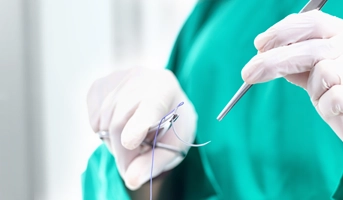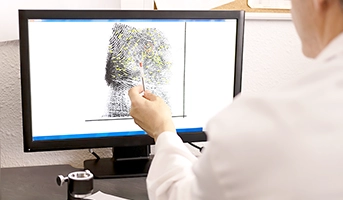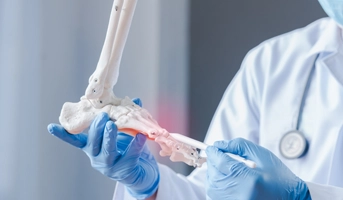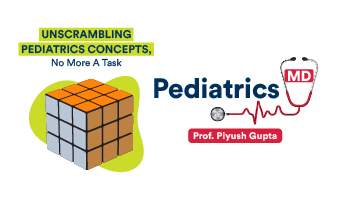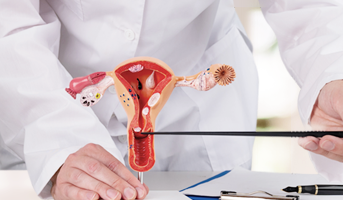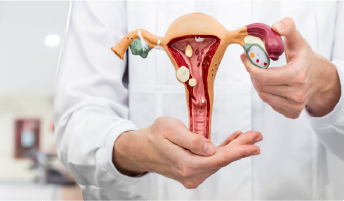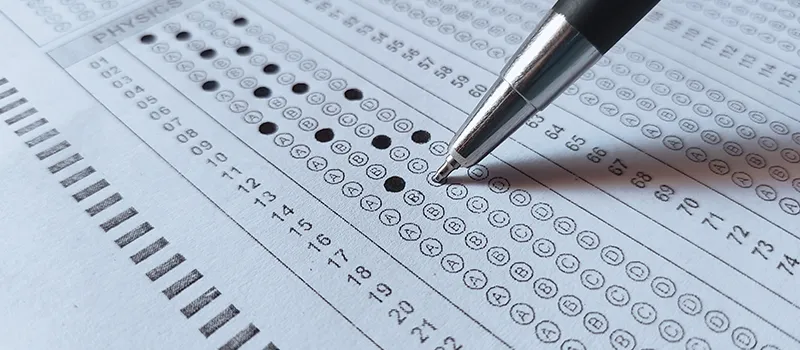

NEET-PG Revision Strategy for the Final Lap
The recent change in the NEET-PG exam date has left a mixed impact on the aspirants with a blend of feelings. While some aspirants view it as an opportunity to strengthen their preparation, others find it disruptive and challenging. Aspirants need to adapt their strategies, manage their emotions effectively, and utilize the additional time productively to maximize their chances of success.
Remember to optimise your time and maximise your score!
The new NEET-PG exam date is 7th July’24 and about 5 months are left for the exam. The clock is ticking! Cracking NEET-PG in just 5 months with a good rank is indeed challenging, but not impossible with the right strategy and consistent efforts. Dedicate your time and efforts to crack the exam by hook or crook.
We’ve come up with a reliable 5-month revision strategy or say, preparation plan to help you prepare effectively and excel in the NEET-PG exam with a good rank.
Month 1: Revise Foundation Subjects
Dedicate the first month of revision to the foundation subjects. In weeks 1-2, revise the Anatomy subject. Focus on important and high-yielding topics and solve previous year’s question papers. In weeks 3-4, cover all the important systems in detail given in the Physiology subject. Do prepare from the notes to cover the systems within time. In weeks 4-5, emphasize on metabolic pathways and molecular biology provided in the Biochemistry subject. Assess your weak areas and ensure you don’t miss out on any high-yielding topic.
As all the MBBS subjects are well integrated, the hold over foundational subjects will lead to a better understanding and clarity of the para-clinical and clinical subjects.
Month 2: Start with Para-Clinical Subjects
Dedicate the second month for the revision of para-clinical subjects. Focus on covering general and systemic pathology thoroughly in week 1. Then, in week 2, target and cover all the essential drugs with their mechanism of action included in the Pharmacology subject. Also, practice drug classification and side effects. As there are lot many drugs and their classes, so try to revise your notes and devote much time to the high-yielding ones. In week 3, concentrate on high-yielding topics of microbiology and important organisms, infections, and vaccinations. You must solve previous year’s papers related to infectious diseases. In the last week of the month, i.e., week 4, cover the Forensic Medicine and Toxicology subject. Stress on important topics and medical laws.
Important: Don’t forget to practice image-based questions for the Pathology, Pharmacology, and Microbiology subjects.
Month 3: Go on with MBBS Subjects
In the first week of the third month, complete the revision of the Community Medicine subject. Don’t miss out on reading various health schemes and initiatives, and pandemic modules. Then, dedicate the next one and a half weeks to revising the pediatric concepts. Make sure you read about common pediatric illnesses, neonatal care levels, and pediatric sub-speciality modules. Solve case-based questions to integrate knowledge. In the left-over weeks of the month, concentrate on both Obstetrics and Gynecology. Read the clinical cases pertaining to common OBGYN disorders. Also, learn the diagnostic procedures in detail.
Month 4: Cover Clinical Subjects
Focus on the very major part of the MBBS curriculum in the fourth month, the core clinical specialties with their allied subjects. Emphasize on General Medicine concepts in the first week of the month. In the second week, cover the medicine allied subjects. Focus on the high-yielding topics of Psychiatry and Dermatology. Cover common psychiatric disorders and treatments. Focus on frequently asked and prevalent dermatological conditions. In the third and fourth weeks, cover the high-yielding topics of Surgery subject. In the fifth week, focus on the surgery-allied subjects. Cover the Ophthalmology and ENT concepts. It becomes a huge task to complete the revision of clinical subjects in such a short time and hence it is advised to go through your notes or other learning aids that serve as your ready reckoner for quick revision. Prefer integrated learning when it comes to clinical subjects.
Month 5: Time for Final Revision.
In the first two weeks of the month, complete the subject-wise revision. In the first week, cover the Orthopaedics subject and in the second week, complete the revision of Radiodiagnosis and Anaesthesiology subject. Review common diagnostic imaging findings as well.
Now after completing the revision of individual subjects, it’s time for final revision and solving questions as much as possible. Solve mock papers and previous year’s papers. Analyse your performance and manage time efficiently. Take mock tests under timed conditions. In the last week before the exam, do a quick revision of key concepts. Get adequate rest, stay calm, and manage stress.
Remember to adapt this plan based on your strengths, weaknesses, and learning style. It’s crucial to regularly assess your progress and modify the plan accordingly.
It is highly advised to enroll in the online preparation courses for NEET-PG. Considering the competition, a single answer can make a drastic difference in your NEET-PG rank. Opt for the DigiNerve MBBS courses as they provide comprehensive video lectures that will help you learn all the concepts at your pace so that you don’t miss any topic. The courses include highly illustrative video lectures by eminent faculty and subject experts, along with concise notes that serve as ready reckoners for revision. It also includes practice questions, clinical cases, benchmark trials, and much more.
Here are some additional tips to create an effective NEET-PG study timetable and score high:
Keep the syllabus, high-yielding topics, and subject weightage pasted on your study desk.
Keep the books, notes, and other preparation materials handy with you to avoid arranging at the last minute.
Supplement your preparation with the best NEET-PG video lectures online.
Remain updated with any changes in the NEET-PG exam pattern or syllabus.
Master the art of learning. Don’t passively read; actively engage with the material. Take notes, underline key points, draw diagrams, and create flashcards.
Go with the spaced repetition method. Regularly revise what you’ve learned to solidify memory and boost recall.
You have time, so focus on understanding concepts rather than rote memorization. This will help you apply your knowledge to various scenarios and solve problems effectively.
Set achievable goals, celebrate your progress, and surround yourself with positive people who support you.
Break down your study sessions into manageable chunks and don’t try to study for hours on end.
It is completely normal to feel overwhelmed sometimes, just take a break and restart your studies. Don’t give up on your dreams.
Practice solving clinical case-based questions, especially for the clinical subjects.
Solve MCQs after each chapter to reinforce your understanding.
Exercise and meditate regularly for physical and mental well-being.
Keep a positive mindset. Practice meditation, deep breathing, or other stress management techniques to stay calm during the preparation and the exam.
Develop good eating habits and get enough sleep to stay focused and energised.
Avoid burnout and stay motivated throughout your preparation journey.
Maintain a consistent study schedule and avoid distractions.
Focus on question-solving techniques and time management.
Join study groups and seek guidance from mentors, especially if you have doubts or need clarification.
Whenever you feel like giving up, just remember, that you have come this far, and now it’s time to achieve your dream. Just have faith in your abilities, be persistent, and never give up on your dream. Most importantly, remain consistent, focused, and determined to pass the exam with flying colours.
Must Read: NEET PG 2024: Syllabus, Exam Pattern, Preparation Tips, and More
Related post
Related Courses
Cosmetic Botulinum Toxin Simplified
Dr Rasya Dixit , Dr Urmila Nischal , Dr K. C Nisch...
Critical Care Simplified
Dr Yatin Mehta , Dr Subhal Dixit , Dr Kapil G. Zir...
Advance Course in Ultrasound and Infertility
Dr Sonal Panchal , Dr Chaitanya Nagori
Ganga Videos on Spine Surgery
Prof Rajasekaran Shanmuganathan , Dr Ajoy Prasad S...
Pathology for UnderGrads
Prof Harsh Mohan , Prof Ramadas Nayak , Dr Debasis...
Microbiology for UnderGrads
Dr Apurba S Sastry , Dr Sandhya Bhat , Dr Deepashr...




